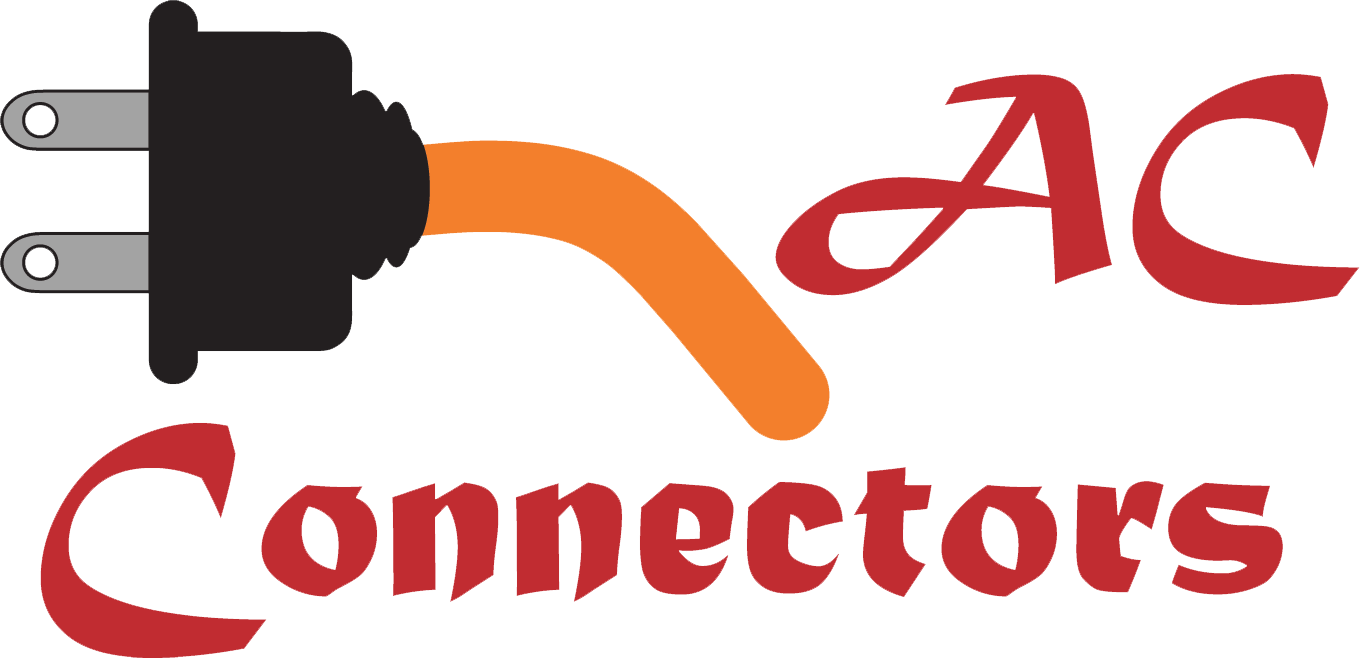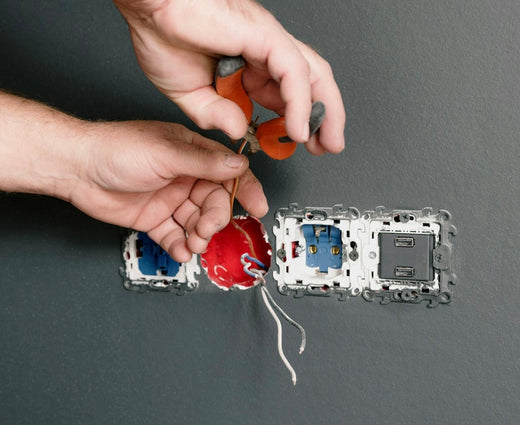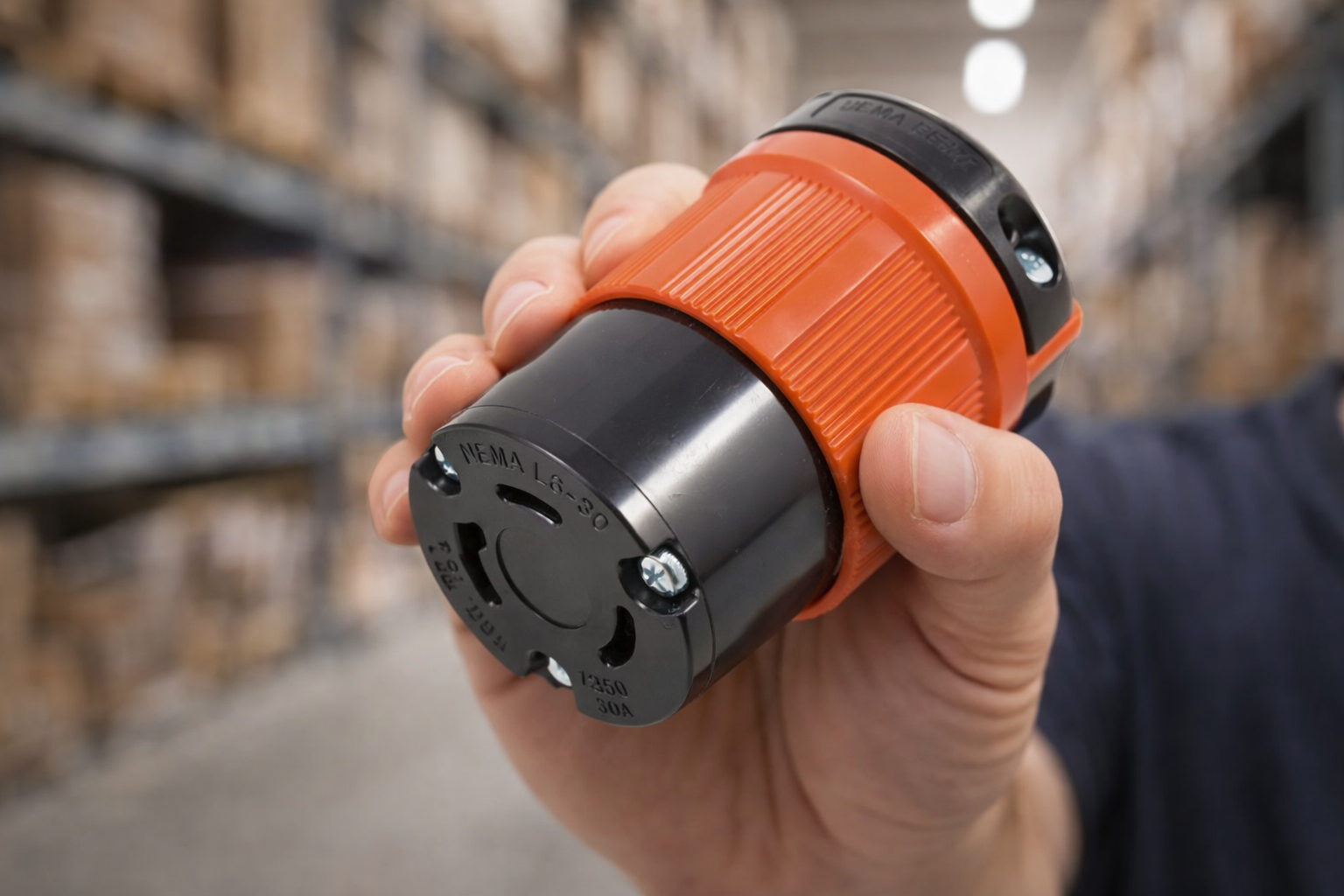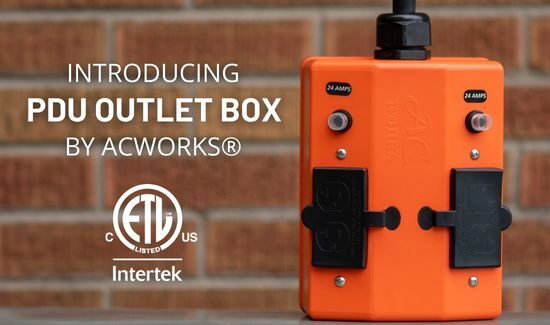Whether you’re trying to explain a problem to an electrician or considering a career in the electrical field, knowing the right terms can make a world of difference. These key electrical terms are frequently used by customers when describing issues, and they’re essential knowledge for anyone looking to become an electrician. Let’s dive into these terms, their definitions, and why they matter.
Basic Terms for Plugs and Connectors
- P / Plug: The "plug" is the part of a device that you insert into a receptacle to establish an electrical connection. Think of it as the male component in the setup.
- R / Receptacle: The receptacle is the counterpart to the plug—the "female" part of the connection, typically mounted on walls or equipment.
These terms are the foundation of any conversation about electrical connections. Customers often describe issues like, "The plug is loose in the receptacle," making these terms crucial for clear communication.
Key Power Terms: Volts, Amps, and Watts
- Volts (Voltage): Voltage is the electrical pressure in a circuit that pushes current through the wires. For example, most household outlets provide 120 volts, while larger appliances often require 240 volts.
- Amps (Amperage): Amperage measures the flow rate of electrical current in a circuit. It’s vital for ensuring circuits aren’t overloaded, which could lead to overheating or tripped breakers.
- Watts: Watts measure total power usage. They are calculated by multiplying volts by amps. For instance, a 120-volt circuit running at 10 amps provides 1,200 watts of power.
Understanding these terms helps customers explain why a device might not be functioning correctly or why a circuit breaker keeps tripping.
Safety Terms: Protecting Your Electrical System
- Circuit Breaker: Circuit breakers protect electrical systems by interrupting the flow of electricity when there’s a fault or overload. Larger buildings often have load centers, which house multiple breakers.
- Grounding: Grounding connects electrical systems to the earth, providing a path for excess voltage to safely dissipate. This prevents electric shocks and protects appliances from surges.
- GFCI (Ground Fault Circuit Interrupter): GFCIs monitor the balance between hot and neutral wires, shutting off power if an imbalance is detected. Common in kitchens and bathrooms, they protect against shocks caused by moisture.
Tools and Materials for Electricians
- Conduit: Conduit is the protective housing for electrical wires, preventing damage and ensuring safety.
- Multimeter: A multimeter is a must-have tool for electricians. It measures voltage, amperage, and resistance, helping diagnose electrical issues accurately.
- Junction Boxes: Junction boxes protect and connect electrical wires, providing a secure enclosure to prevent accidental contact or damage.
- Capacitors: Capacitors store and release electrical energy, often used in motors and electronics to stabilize voltage and provide extra power when needed.
Electrical Concepts and Power Flow
- AC (Alternating Current): Alternating current changes direction periodically and is used in most household and commercial power systems.
- DC (Direct Current): Direct current flows steadily in one direction and is commonly used in batteries and electronics.
- Diode: A diode allows current to flow in one direction while blocking flow in the opposite direction, making it essential in circuits requiring directional current control.
- Current Limiter: This device restricts excess current flow in a circuit, protecting sensitive equipment from damage.
Voltage and Power Management
- Transformers: Transformers change the voltage level in an electrical circuit. For example, they can step down high-voltage power for safe use in households.
- Inverters: Inverters convert DC into AC, allowing devices like solar panels or batteries to power household appliances.
- Voltage Drop: Voltage drop is the reduction in voltage as electricity travels through a circuit. Longer extension cords require thicker gauge wires to offset voltage drop and maintain consistent power.
Why These Terms Matter
For customers, understanding these terms makes it easier to describe electrical issues accurately, ensuring electricians can diagnose and fix problems efficiently. For aspiring electricians, these terms form the foundation of their technical knowledge, helping them provide safe and effective solutions.
At AC WORKS, we prioritize empowering our customers and professionals with the knowledge they need to handle electrical systems confidently. If you have any questions or need power solutions, feel free to reach out to our team.
Stay powered up and safe with AC WORKS!






Share:
How to Safely and Efficiently Charge Your EV with Two Way Adapters
The 50 Amp Inlet Box Kit: Power Up in Any Emergency